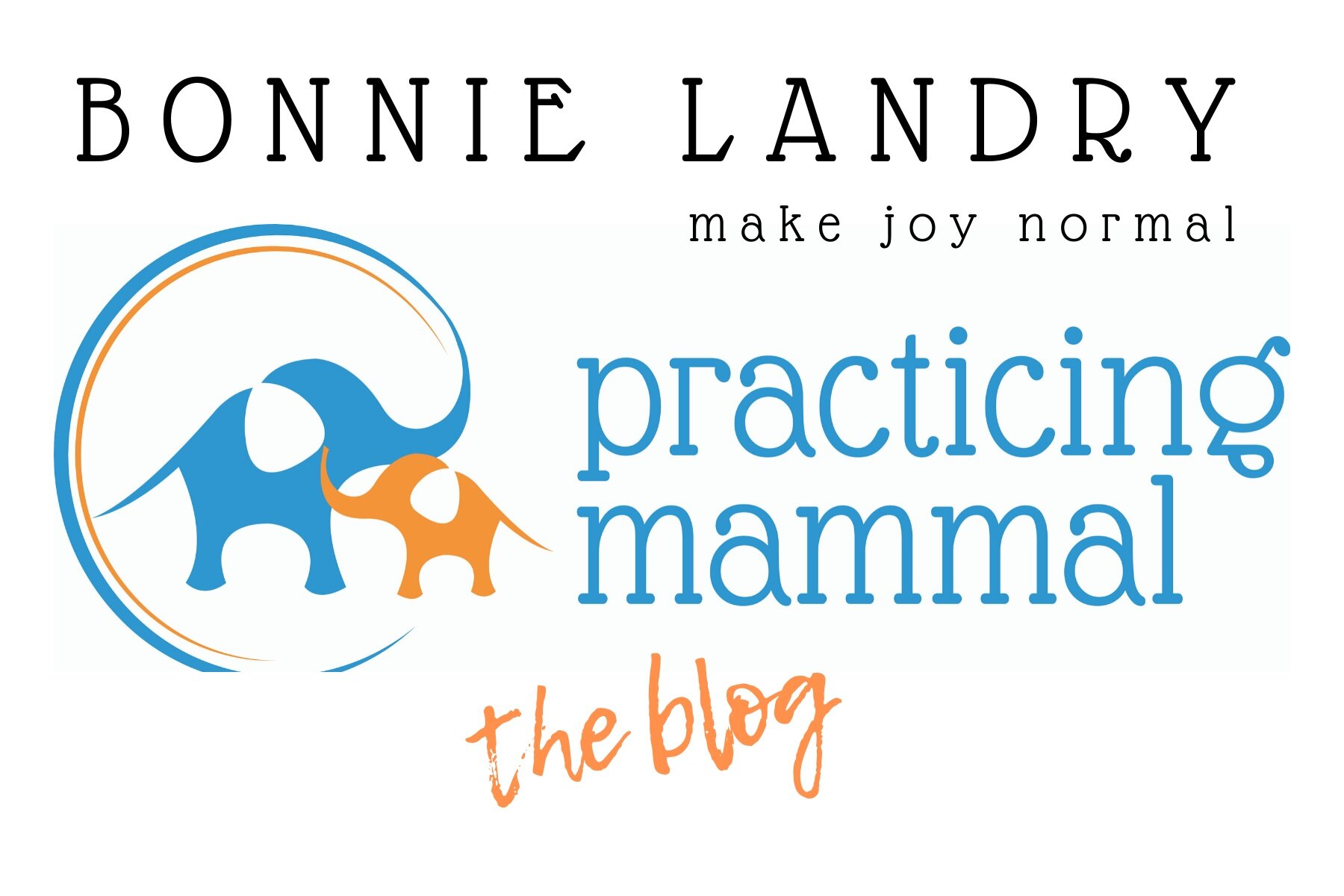checking off boxes as an educational paradigm
Most of remember the blissful idealism we encountered when embarking on the great journey we call motherhood. How patient and firm we would be in our resolutions, how kind. How clear and effective it would all be because we were so committed to doing well.
And then the cold, hard reality of not enough sleep hit, and we did not know we were going to be grumpy, frazzled and unreasonable. We may not have taken into consideration the fact that our children would have moods and attitudes and phases.
What the heck is with phases?
At any rate, we can perhaps see where “the ticking off of boxes as an added stressor” here would be detrimental. Especially if, at the end of the day, half our boxes were still empty, and that somehow was an indicator of the child’s personal growth.
If we, for example, turned personal growth into a checklist of subject areas, perhaps our checklist would look like this:
get along with siblings
eat all the healthy food
get dressed with all the clothes the right way
do an age appropriate chore
ask all questions politely and at the correct times
toilet without drama
cooperate with requests
show signs of normalcy
And say, we felt pressure to do all these things daily and there were some big brother-y kind of system in place that made us feel totally inadequate when, at the end of day, we had several boxes not checked off. There was THE LIST staring us in the face. The things we DIDN’T do.
That would be awfully hard on ourselves. What if we saw ourselves with an eye to what we accomplished? And our own checklist in our heads was a remembrance of when we remembered to use our nice voice? When we encouraged happy play? When we high-fived the kids who just put his pants on, even if they were backwards? When we patted ourselves on the back when our child remembered, occasionally, to ask without whining? When we took time out of the day to sit with a cup of tea and remind ourselves about what really matters?
What if, instead of seeing education as ticking off the boxes, we saw it as filling of a tank, of directing, of feeding and nurturing, of the natural wonder of a child? What if, instead of seeing our unchecked boxes at the end of the day, we saw all the moments of growth - when we read together, when we saw bugs in the grass and wondered at their busy little lives, when we talked about the full moon, when we compared our life to our grandparents when they were young, when we rode our bikes or danced in the kitchen. When we discussed the illustrations of our book, or squished the pieces of playdoh together to see what colour they would make. Or talked about the French translation on the cereal boxes.
We just covered a lot of core material in the above paragraph. And even some enrichment.
Boxes are not actually super helpful in most cases. When most of us were thinking about homeschooling, we imagined it to be something warm and cozy and valuable. Boxes tends to be something that we “slip in to” over time, when the pressure of outside sources weighs on us. We can choose not to feel pressured. It takes practice, to be sure, but we can make a decision to not be beholden to outside pressures, and learn little by little to ignore what’s going on “out there.”
And focus what’s going on “in here” - in our brains and homes and hearts.

